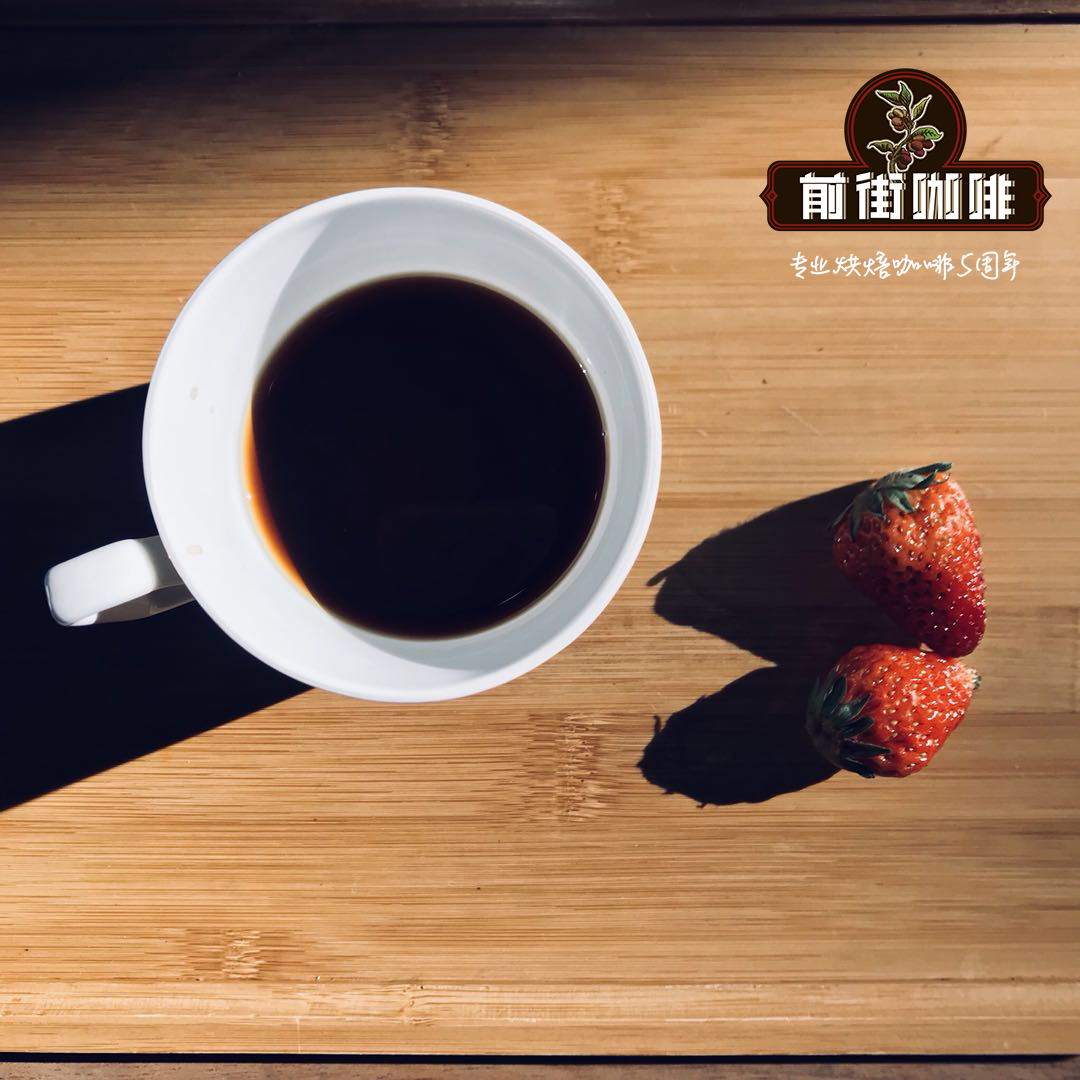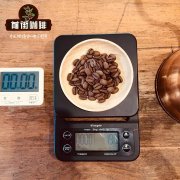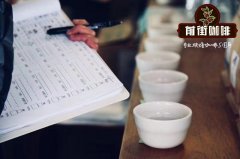Flavor characteristics of all coffee bean producing areas in Ethiopia how much is a cup of Ethiopian coffee

Professional coffee knowledge exchange more coffee bean information please follow the coffee workshop (Wechat official account cafe_style)
Jinma (bulk commercial bean producing area): 1350-1850 m above sea level | Forest / semi-forest system |
Jinma is the capital of Kafa Forest or Kafa province. The English spelling is very messy. Most of the maps are jimma, but the coffee sacks are spelled into Djimmah. This is the largest coffee producing area in Ethiopia, accounting for 1 per cent of exports.
Kafa Forest is famous for its primitive wild varieties. Jinma is the distribution center of Kafa in this area. Farmers are used to picking and transporting the forest to Jinma, and then mixing hundreds of varieties together to sell as commercial beans, causing the aroma of many delicious varieties to be masked.
Water washing boutique Jinma, although there is no Yega Xuefei orange fragrance and flower rhyme, the taste spectrum is also quite clean, similar to the Central American boutique. Commercial-grade boutique Jinma is very common in Taiwan, and luckily you can buy high-quality and inexpensive Jinma, which can drink the fragrance of lemon peel, which is not inferior to that of Sidamo. Overall, Jinma has a better flavor than Brazil's bulk commercial bean Santos, making it a good medium-to-low-priced formula bean.
Yilu Babo (bulk commercial bean producing area): altitude 1350-1850 | Forest / semi-forest coffee system |
This area is located in the west of Ethiopia, bordering Sudan, and is the most convenient producing area in the west. the complexity of coffee gene is only second to that of Kafa forest, beans are obviously larger than those of Yegashifi and Sidamo, low acidity, good viscosity and balanced flavor. Most of the coffee here is transported to Jinma to be mixed, rarely sold independently.
Jinbi, Liechuti (major commercial bean producing areas): 1500-1800 above sea level | Forest / semi-forest coffee system |
There are sun-washed and water-washed beans in this area, long-bodied beans similar to Hara, and a few boutique grades are quite popular in Europe and the United States. Most of the Hara, known as the poor, has a sour and fruity flavor due to Yilu Babo, with a bright flavor.
Tiebi, Bebeca (bulk commercial bean producing area): 500-1900m above sea level | Pastoral / forest / semi-forest coffee system |
The two producing areas are very close. Tiebi has an enterprise-managed coffee plantation in the north of Bebeca. In recent years, it has promoted the pastoral system and increased farmers' income, with an annual output of about 3000 tons. Both places have wild coffee, the yield is not high, the flavor is very different from Hara and Yega snow coffee, low acidity is the biggest feature, suitable for formula beans, sun and water washing.
Tana Lake (alternative production areas): 1840 meters above sea level | Forest system |
Monastery coffee, the annual output of the surrounding forest coffee is very small, less than 10 tons, in fact, can not be called the producing area, the lake area is full of Orthodox monasteries, churches, religious murals and myths, creating the most "divine" coffee in the world.
Ethiopian coffee bean brand recommendation
The Ethiopian coffee beans baked in Qianjie Coffee are fully guaranteed in terms of brand and quality. And more importantly, the performance-to-price ratio is extremely high, a pack of half a pound 227 grams, the price is only about 90 yuan. According to the calculation of 15 grams of powder per cup of coffee, a bag of coffee can make 15 cups of coffee, which costs only about 6 yuan per cup, which is recommended by conscience compared to the price sold in cafes for hundreds of yuan a cup.
Important Notice :
前街咖啡 FrontStreet Coffee has moved to new addredd:
FrontStreet Coffee Address: 315,Donghua East Road,GuangZhou
Tel:020 38364473
- Prev

How much is Ethiopian coffee beans?
Professional coffee knowledge exchange More coffee bean information Please pay attention to coffee workshop (Weixin Official Accounts cafe_style) In the past two years, Ethiopian coffee represented by Yejia Shefei has been sought after by many coffee lovers. Many people who like to drink coffee express that they are very amazing and unforgettable after drinking high-quality Yejia Shefei. The word yirgacheffe has also become more pronounced.
- Next

Ethiopian Coffee Trading system explains in detail the relationship between price and quality of Ethiopian coffee beans
For more information on coffee beans, please follow coffee workshops (Wechat official account cafe_style) according to the Ethiopian decree, there are three coffee export systems, (1) the largest privately owned processing plant system for export through competitive ECX, (2) the cooperative system, and (3) the single farm system. In these three systems, cooperatives and single manors are not thorough.
Related
- Does Rose Summer choose Blue, Green or Red? Detailed explanation of Rose Summer Coffee plots and Classification in Panamanian Jade Manor
- What is the difference between the origin, producing area, processing plant, cooperative and manor of coffee beans?
- How fine does the espresso powder fit? how to grind the espresso?
- Sca coffee roasting degree color card coffee roasting degree 8 roasting color values what do you mean?
- The practice of lattes: how to make lattes at home
- Introduction to Indonesian Fine Coffee beans-- Java Coffee producing area of Indonesian Arabica Coffee
- How much will the flavor of light and medium roasted rose summer be expressed? What baking level is rose summer suitable for?
- Introduction to the characteristics of washing, sun-drying or wet-planing coffee commonly used in Mantenin, Indonesia
- Price characteristics of Arabica Coffee Bean Starbucks introduction to Manning Coffee Bean Taste producing area Variety Manor
- What is the authentic Yega flavor? What are the flavor characteristics of the really excellent Yejasuffi coffee beans?

